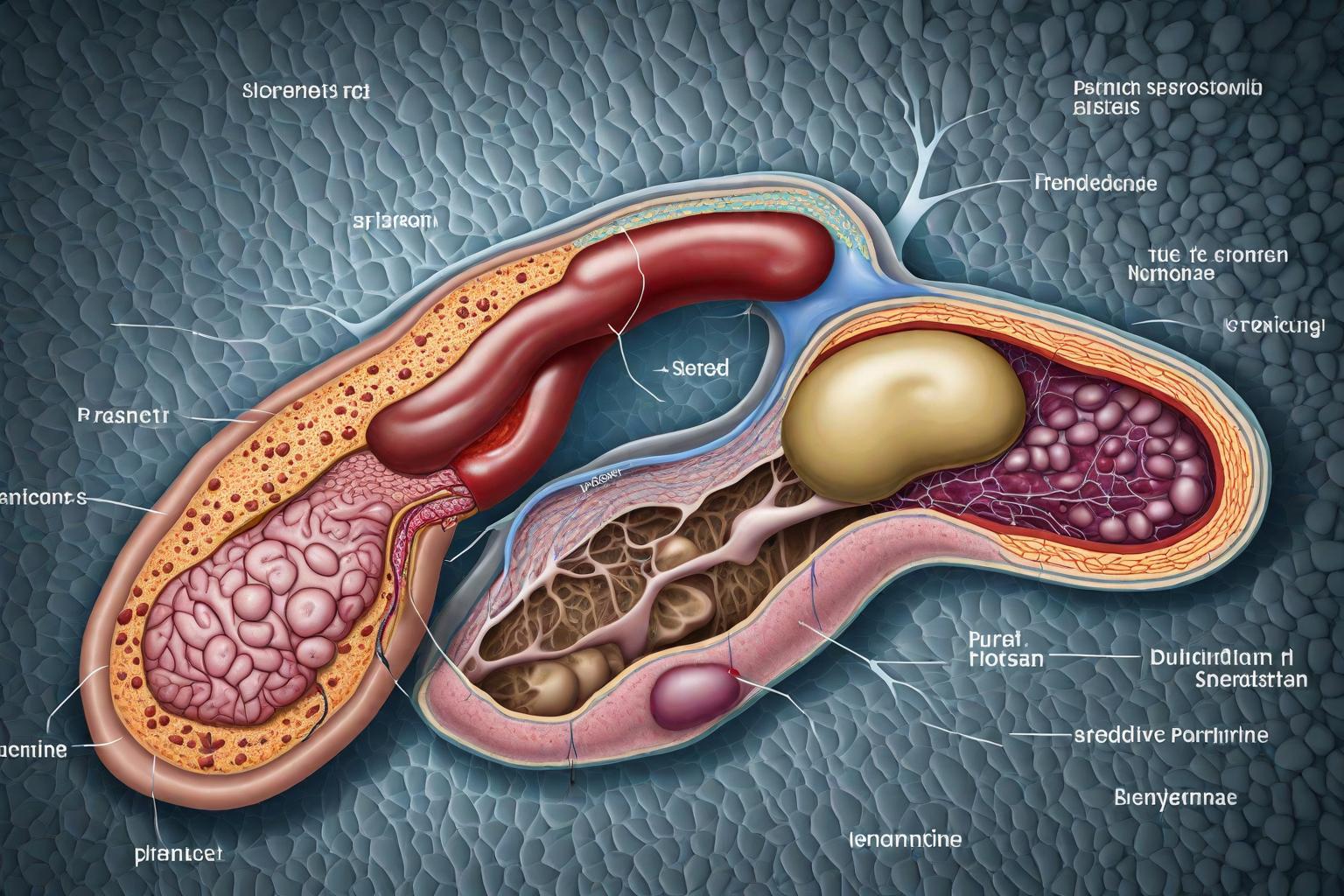Introduction
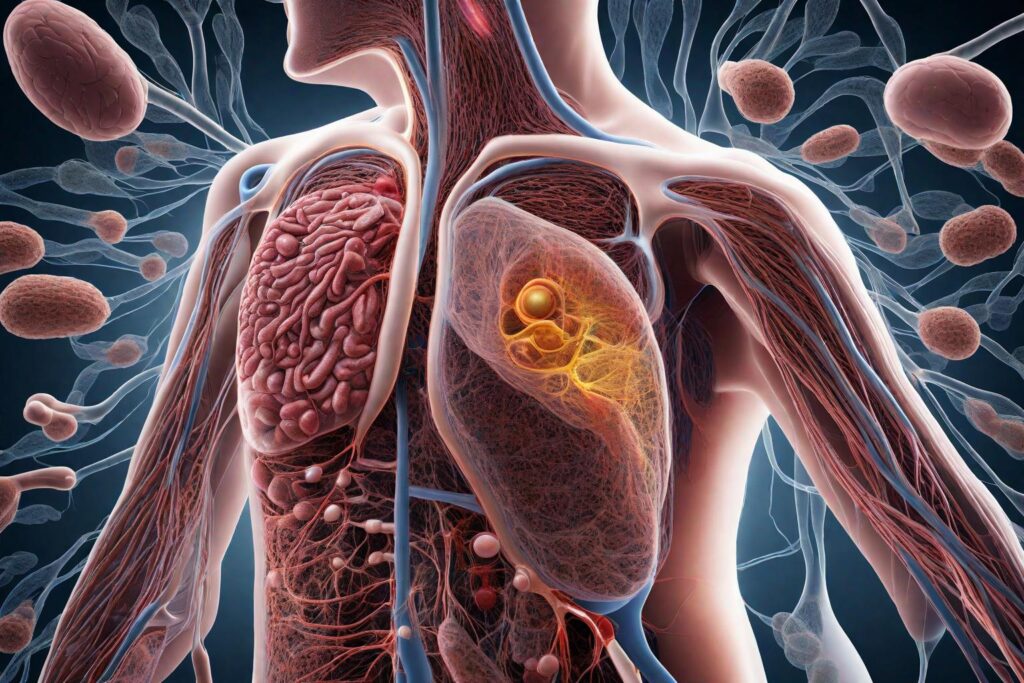
In the intricate tapestry of the human body, various glands play pivotal roles in maintaining our health and well-being. One such gland, remarkably, multitasks by secreting both digestive enzymes and hormones, standing out in the realm of our physiological processes. This article delves into the question, “Which gland secretes digestive enzymes as well as hormones?” shedding light on its functions, importance, and the impact it has on our overall health.
Check this out also What is the best way to prevent the spread of mrsa?A Comprehensive Guide(2024,updated)
Table of Contents
Which gland secretes digestive enzymes as well as hormones?
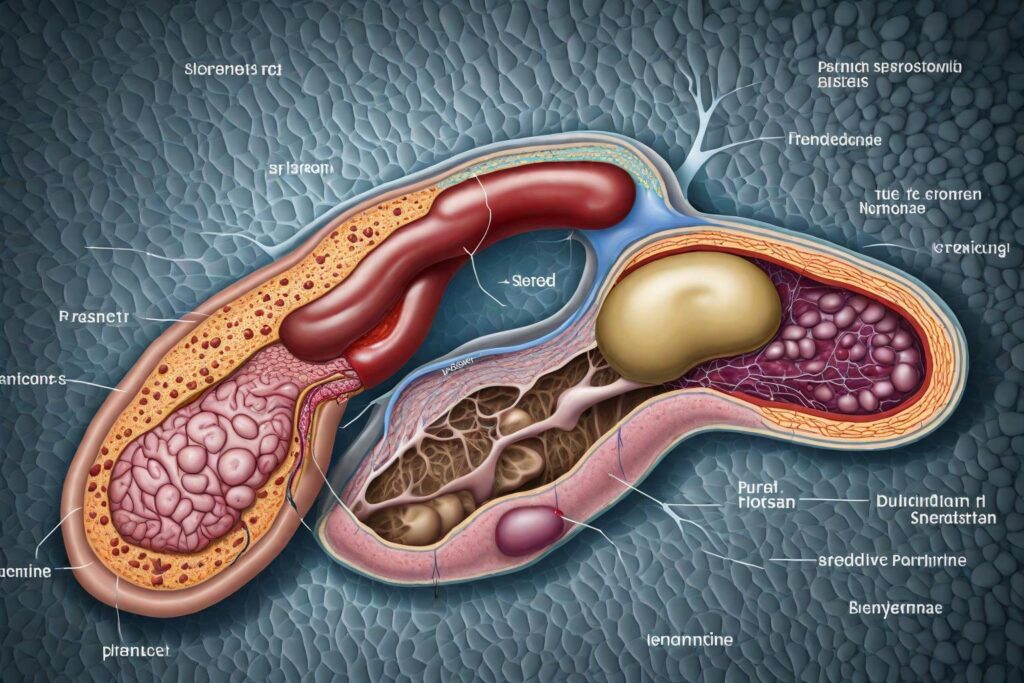
The answer lies in the pancreas, an unassuming organ nestled in the abdomen, behind the stomach. The pancreas is a unique organ with both exocrine and endocrine functions. This dual characteristic enables it to play a critical role in digestion and the regulation of blood sugar levels.
Exocrine Function: Digestive Enzyme Production
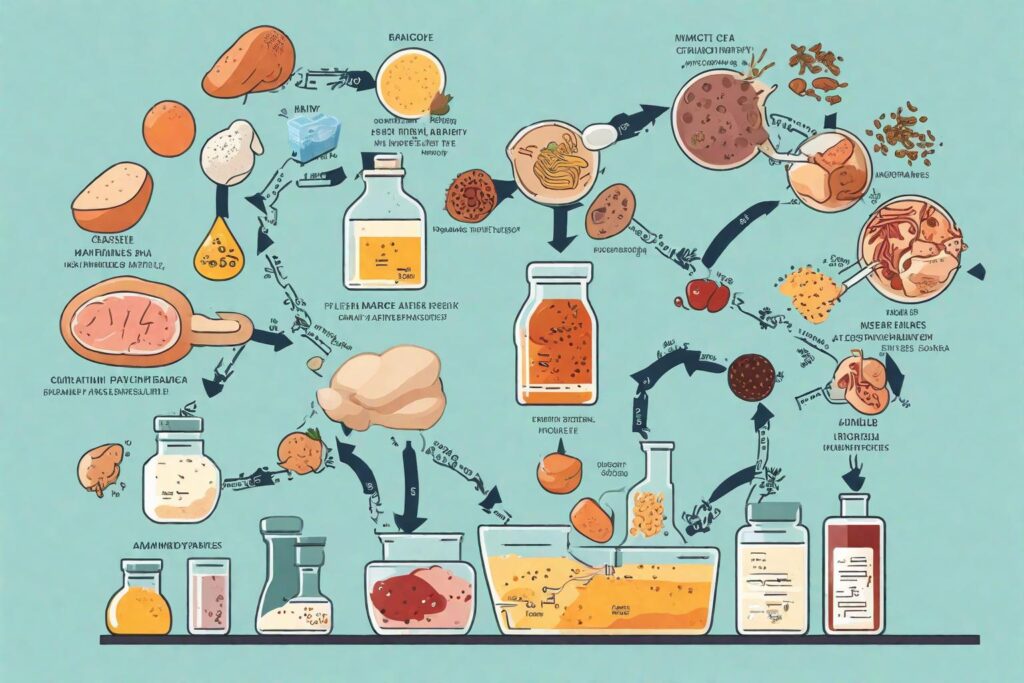
The exocrine part of the pancreas produces digestive enzymes, which are vital for breaking down food in the small intestine. These enzymes include:
Amylase: Breaks down carbohydrates into simple sugars.
Lipase: Essential for fat digestion.
Protease: Helps in breaking down proteins into amino acids.
These enzymes are transported via the pancreatic duct to the duodenum, the first section of the small intestine, where they facilitate the digestion of food.
Endocrine Function: Hormone Secretion
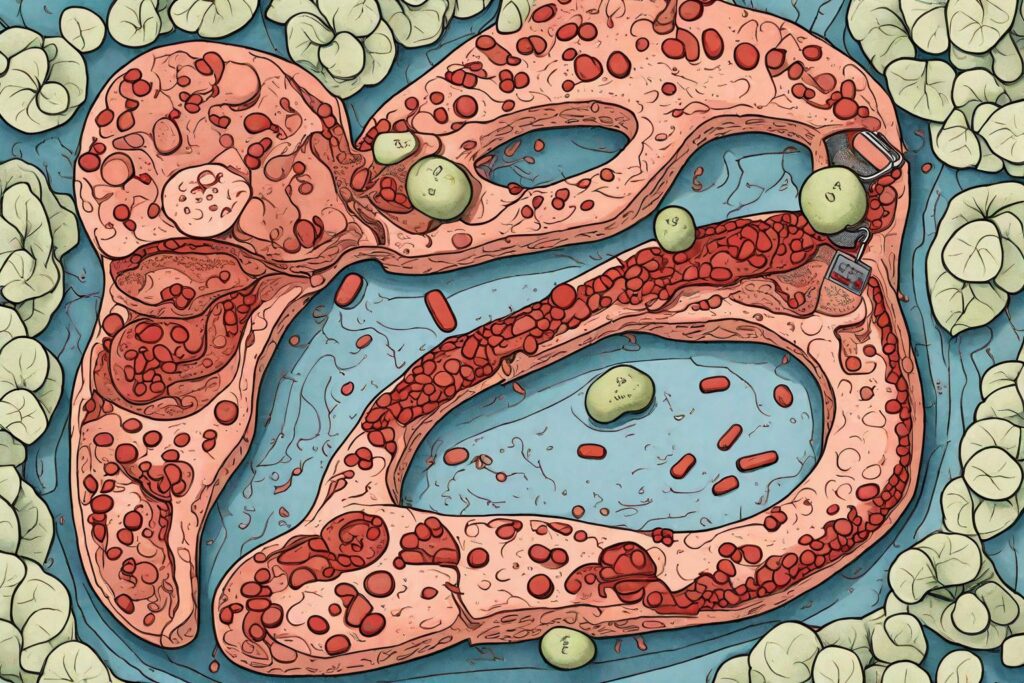
In addition to its role in digestion, the pancreas functions as an endocrine gland. This part of the gland, known as the Islets of Langerhans, secretes important hormones directly into the bloodstream. The primary hormones include:
- Insulin: Regulates blood sugar levels by facilitating the uptake of glucose into cells.
- Glucagon: Works in tandem with insulin to maintain blood sugar balance, stimulating the liver to release glucose when necessary.
These hormones are crucial for energy regulation and play a significant role in conditions such as diabetes.
The Pancreas and Health Implications
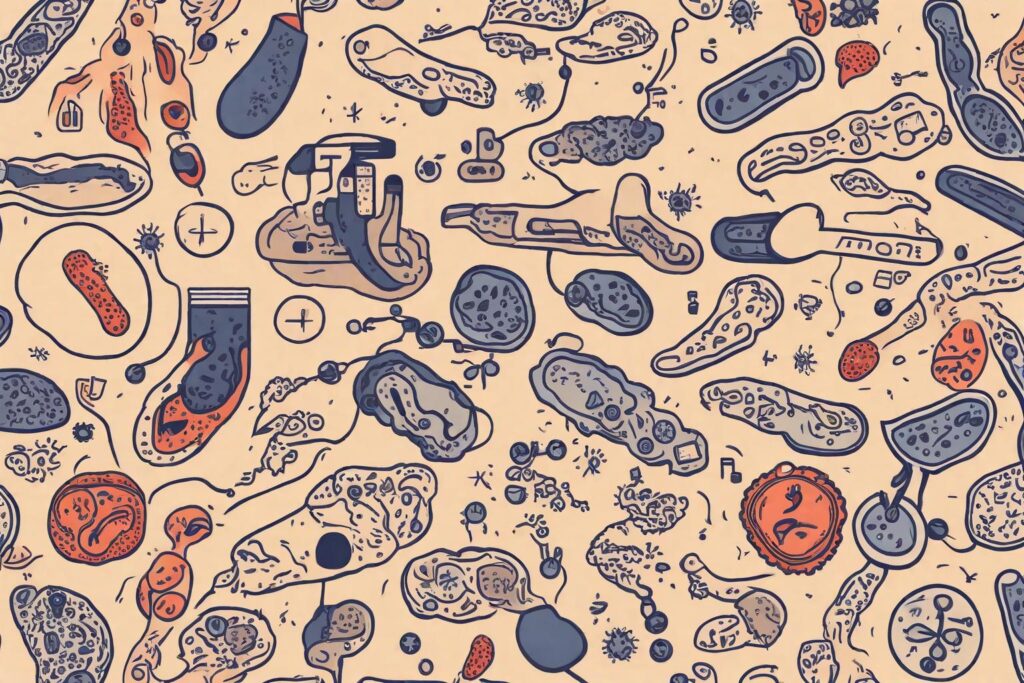
The importance of the pancreas in our bodily functions cannot be overstated. Issues with this gland can lead to a range of health problems, including:
- Pancreatitis: Inflammation of the pancreas, often caused by gallstones or excessive alcohol consumption.
- Diabetes: Results from the improper production or use of insulin.
- Pancreatic Cancer: A serious condition with a high mortality rate, often diagnosed late due to subtle symptoms.
Maintaining Pancreatic Health

To support the health of your pancreas, consider the following tips:
- Healthy Diet: A balanced diet rich in fruits, vegetables, whole grains, and lean proteins supports pancreatic health.
- Regular Exercise: Helps in maintaining a healthy weight and blood sugar levels.
- Avoid Excessive Alcohol: Reduces the risk of pancreatitis and other pancreatic disorders.
- Regular Check-ups: Especially important for those with a family history of pancreatic diseases or diabetes.
Conclusion
The pancreas, a vital yet often overlooked gland, plays a dual role in our body by secreting both digestive enzymes and hormones. Understanding its functions helps us appreciate the complexity and harmony of our bodily systems. By taking steps to maintain its health, we can support our overall well-being and prevent various health issues. The next time you ponder over which gland secretes digestive enzymes as well as hormones remember the remarkable pancreas and its indispensable role in your health.
FAQs
Can lifestyle changes improve pancreatic health?
Yes, lifestyle changes like a healthy diet, regular exercise, and avoiding excessive alcohol can significantly improve pancreatic health.
Is diabetes always related to pancreatic health?
While not always, diabetes is often linked to the dysfunction of the pancreas, particularly in the production and regulation of insulin.
How can I know if my pancreas is not functioning properly?
Symptoms like unexplained weight loss, abdominal pain, and changes in bowel movements can indicate pancreatic issues. It’s important to consult a healthcare professional for accurate diagnosis and treatment.

